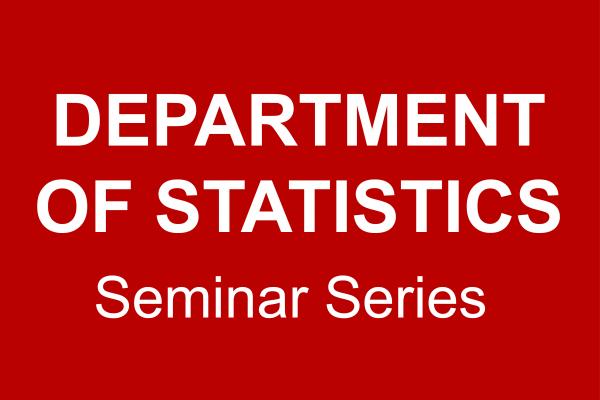
Title
Social network dependence, unmeasured confounding, and the replication crisis
Speaker
Elizabeth Ogburn - Johns Hopkins University, Department of Biostatistics
Abstract
In joint work with Youjin Lee, we showed that social network dependence can result in spurious associations, potentially contributing to replication crises across the health and social sciences. Researchers in these fields frequently sample subjects from one or a small number of communities, schools, hospitals, etc., and while many of the limitations of such convenience samples are well-known, the issue of statistical dependence due to social network ties has not previously been addressed. A paradigmatic example of this is the Framingham Heart Study (FHS). Using a statistic that we adapted to measure network dependence, we tested for possible spurious associations due to network dependence in several of the thousands of influential papers published using FHS data. Results suggest that some of the many decades of research on coronary heart disease, other health outcomes, and peer influence using FHS data may suffer from spurious estimates of association and anticonservative uncertainty quantification due to unacknowledged network structure. In the latter part of the talk I will discuss how the phenomenon of spurious associations due to dependence is related to unmeasured confounding by network structure, akin to confounding by population structure in GWAS studies, and how this relationship sheds light on methods to control for both spurious associations and unmeasured confounding.
